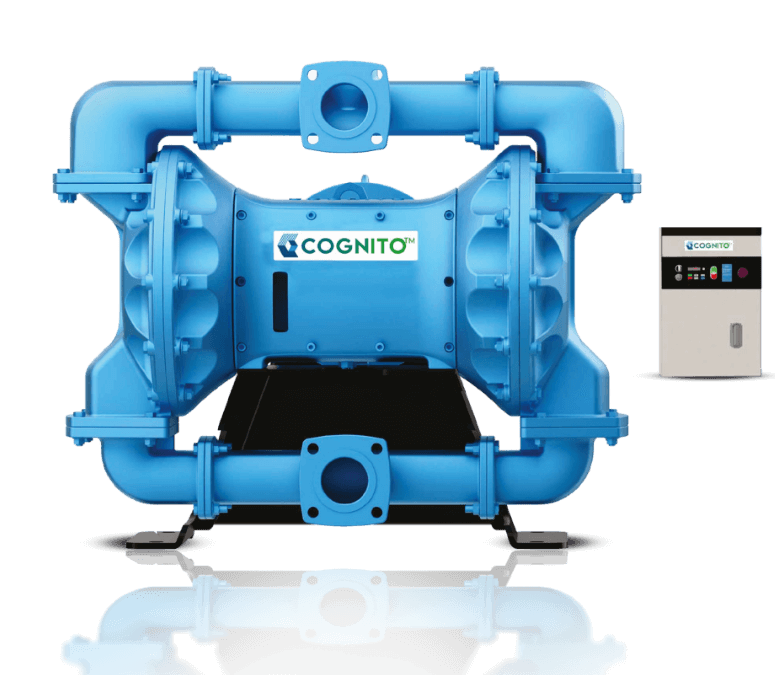API 675 Metering Pumps: A Comprehensive Overview
 |
| API 675 Metering Pumps: A Comprehensive Overview |
API
stands for the American Petroleum Institute. And the API 675 standard is set to
measure positive displacement pumps used in the petroleum, petrochemical and
gas industries. This means that API 675-approved pumps meet the strictest
performance and reliability standards.
API
675 mandates several things, such as mechanical integrity, which means the
compliant pumps go through several rounds of pressure testing and checks to
ensure they can withstand harsh and challenging operating conditions. These
pumps also go through flow accuracy testing to ensure absolute precision.
Materials used in the construction of the pump also need to meet specific
criteria to ensure their chemical and physical compatibility with various
fluids.
A
metering pump is a
type of positive displacement pump that delivers liquid in precise amounts.
Besides oil and gas, metering pumps can be used for a range of applications
such as:
·
Injecting
chemicals into a process stream
·
Adding
flavours to food products, and
·
Dosing
medication in healthcare settings
Metering
pumps are important because they provide precise fluid delivery in processes
that require accuracy, consistency, and reliability.
Read
on to know more about API 675 metering pumps, their key features, applications,
and why they are essential in industries.
So,
what are API 675 metering pumps? A fully compliant API 675 pump meets quality
criteria of various kinds. API 675 specifications offer a framework for pump
manufacturers and purchasers to agree on a metering pump's design, fabrication
and testing. This framework is developed keeping in mind plant workers' safety,
fluid flow accuracy and the metering pumps' longevity.
Benefits
of API 675 metering pumps
·
Absolute
precision and accuracy:
API 675 compliance ensures that the metering pump is designed to offer precise
dosing and accurate flow rate, often with accuracies of ±1% or better. This
comes in handy in industries such as pharmaceuticals, where even a small
deviation in dose can affect the safety of products.
·
Pumps
operators can rely on:
If you are looking for a metering pump that lasts for years, going for a
cheaper and non-compliant pump is not the right choice. API 675 comes with a
promise of durability, ensuring minimum downtime and non-stop operation. API 675 metering pumps are
built to operate under harsh conditions, including high-pressure environments,
corrosive fluids, and extreme temperatures. The standard mandates robust
construction with materials like stainless steel, Hastelloy, or other
corrosion-resistant alloys. This ensures the right selection of the core
material of the pumps.
·
Wide
Pressure Range:
API 675 compliant pumps boast of operating at high pressures, often up to 5,000
PSI or more. This feature is especially non-negotiable in high-pressure
applications in industries such as oil and gas.
·
Safety
you can count on:
Adhering to API 675 standards also means the metering pump has undergone
stringent testing and checks, ensuring minimum risks of malfunctions or
accidents during operation.
·
Industry
Recognition:
In a world where several brands promise to offer quality, compliance with API
standards denotes trust.
Why
API 675 Matters?
API
675 compliance is more than just a certification; it's an assurance of
performance and reliability. Any malfunction or inaccuracy in industries
handling hazardous fluids could lead to catastrophic failures, environmental
hazards, or costly shutdowns. API 675 pumps, with their stringent design and
operational criteria, mitigate these risks.
Pulsa
Pro and Pulsa series metering pumps by Pulsafeeder
When
it comes to reliable, API-675-compliant pumps, Pulsafeeder, an IDEX Corporation
unit, is a well-known name. Pulsa Series metering pumps feature manual
stroke adjustment, three hydraulic valves, a durable flat diaphragm, a
five-year gear train warranty, and an option for an extended warranty. The
pumps under this series include the Pulsa 7440, the Pulsa 7660, and the Pulsa
8480. All these pumps can handle pressures as high as up to 5,000 PSI and flow
between 9.5 to 9100 LPH. The pumps offer a viscosity range of 0.1 to 1000 cP.
All Pulsa Series metering pumps are made of robust materials; for example,
their reagent head and valve caps are made of 316L, Alloy 20, and Alloy C.
As
far as their Pulsa Pro
series is concerned, they come with world-class performance and
efficiency. The features of Pulsapro metering pumps include a hydraulic bypass
valve, hydraulic diagnostic package, sealed gearbox design, four-bolt check
valve design, and a front pull-out design that offers seamless serviceability.
All the pumps in this series (PulsaPro680, PulsaPro880 and PulsaPro7120) come
with a five-year drive train warranty which is the longest in the industry.
To
sum it up, API 675 metering pumps are ideal for situations that require
high accuracy, reliability, and adherence to rigorous industry standards. These
pumps are the ideal choice for industries where one needs to handle critical
applications with utmost caution.
To know more about Pulsafeeder metering pumps, check this website: https://www.idexindia.in/pulsafeeder/



Comments
Post a Comment